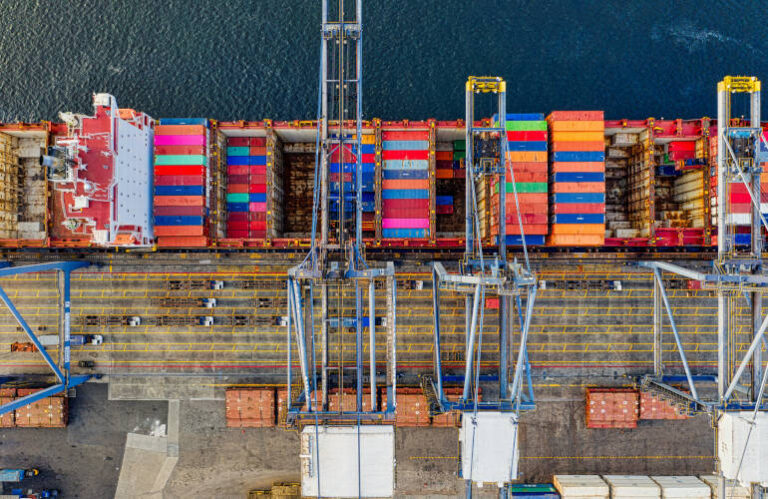The Dept. or Homeland Security (DHS) recently added 37 entities have signed on to the Uyghur Forced Labor Prevention Act (UFLPA) Entity listincluding five companies involved in the solar energy market.
The UFLPA, which was launched in June 2022, bans all imported goods from Xinjiang, an area of China that the United States has identified as using slave labor from the Uyghur people, an ethnic minority in the region. Recent additions to the Entity List include companies that are not physically located in Xinjiang but are likely to use materials from Xinjiang in their products, as determined by the Forced Labor Enforcement Task Force.
“With each addition to the UFLPA Entity List, we build momentum and demonstrate that our efforts are sustained and sustainable in eradicating forced labor from our nation’s supply chains,” said Robert Paschall, acting secretary for policy at DHS. “This largest-ever set of additions reinforces that we are implementing the full force of this law, making impactful updates to the UFLPA Entity List and improving the enforcement capabilities of U.S. Customs and Border Protection.”
Solar energy-related companies added to the ban include:
Donghai JA Solar Technology Co., Ltd.: A solar energy technology company based in Jiangsu Province, China, focusing on the research, development and production of silicon rods, wafers, blocks, cells and modules. The US government is convinced that Donghai JA Solar sources polysilicon from Xinjiang.
Hongyuan Green Energy Co., Ltd. (also known as HY Solar; and Hoyuan Green Energy Co. Ltd., and formerly known as Wuxi Shangji CNC Co., Ltd.; Wuxi Shangji Automation Co., Ltd.; and Wuxi Shangji Grinding Machine Co., Ltd.) and Hongyuan New Materials (Baotou) Co., Ltd.: A vertically integrated green energy manufacturing company located in Jiangsu Province, China, engaged in equipment manufacturing and production of crystalline silicon, silicon wafers, batteries and modules. The US government is confident that Hongyuan Green Energy and Hongyuan New Materials source polysilicon from Xinjiang.
Jiangsu Meike Solar Technology Co., Ltd. and Baotou Meike Silicon Energy Co., Ltd.: A silicon ingot and wafer manufacturer based in Jiangsu Province, China. The US government is convinced that the companies source polysilicon from Xinjiang.
Shuangliang Silicon Materials (Batou) Co., Ltd.: A company based in Batou City, Inner Mongolia Autonomous Region of China, that researches, develops, processes, produces and sells monocrystalline silicon ingots and wafers. The US government believes it is sourcing polysilicon from Xinjiang.
Xinjiang Energy (Group) Co., Ltd. and Xinjiang Energy (Group) Real Estate Co., Ltd.: A developer of PV and other energy sources based in Xinjiang. Xinjiang Energy is a wholly state-owned enterprise, funded by the People’s Government of the Xinjiang Uyghur Autonomous Region (XUAR) and directly supervised by the State Asset Supervision and Administration Commission (SASAC) of the XUAR. The US government believes that Xinjiang Energy uses slave labor in its business operations.
China is the world’s largest supplier of polysilicon, with much of that production concentrated in Xinjiang. Solar players in the region have adapted their supply chains to comply with UFLPA. CBP requires importers to provide complete supply chain documentation, including a list of all entities involved in each step of production.
The five solar companies added to the ban list this week join previous listed companies Hoshine Silicon, Daqo New Energy, East Hope and GCL New Energy. View the full UFLPA Entity List here.


